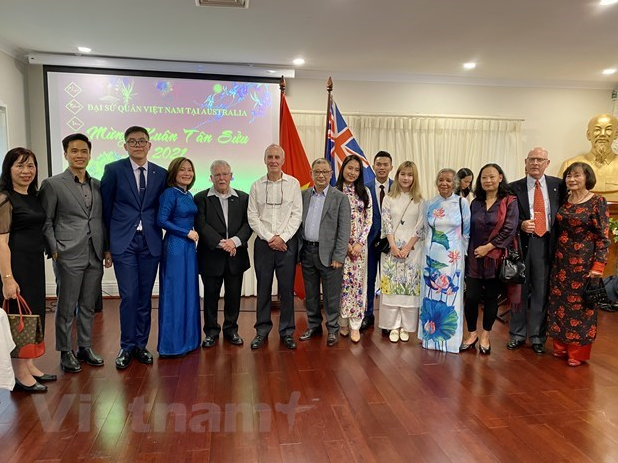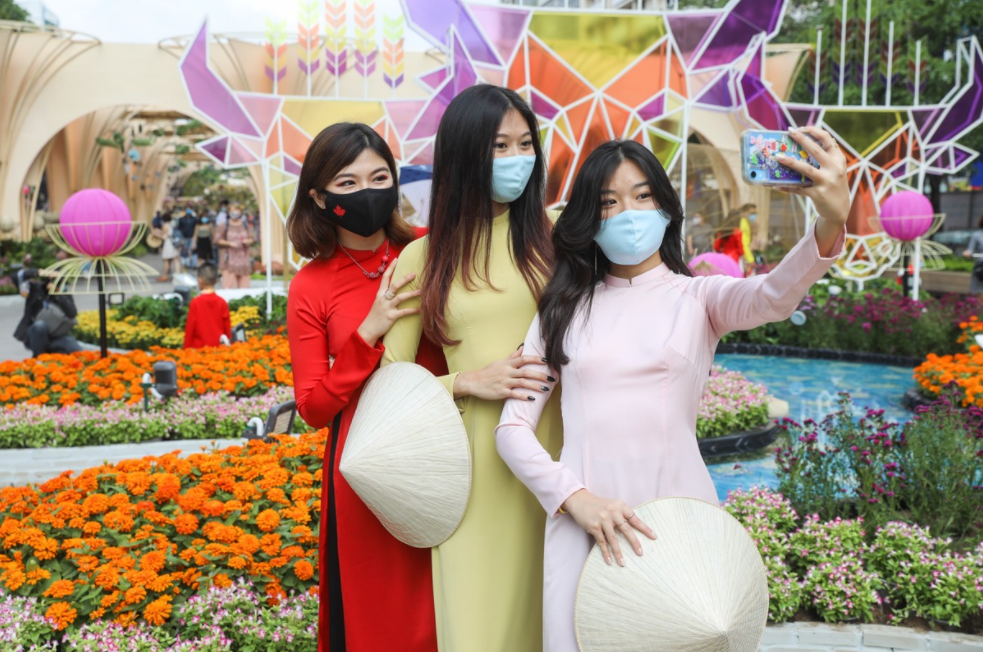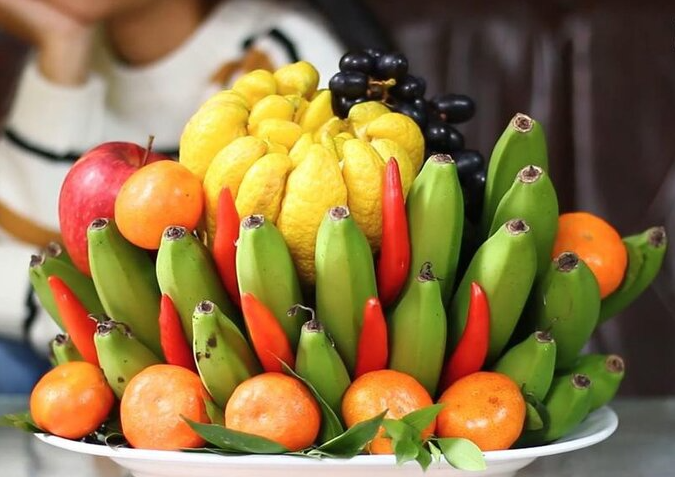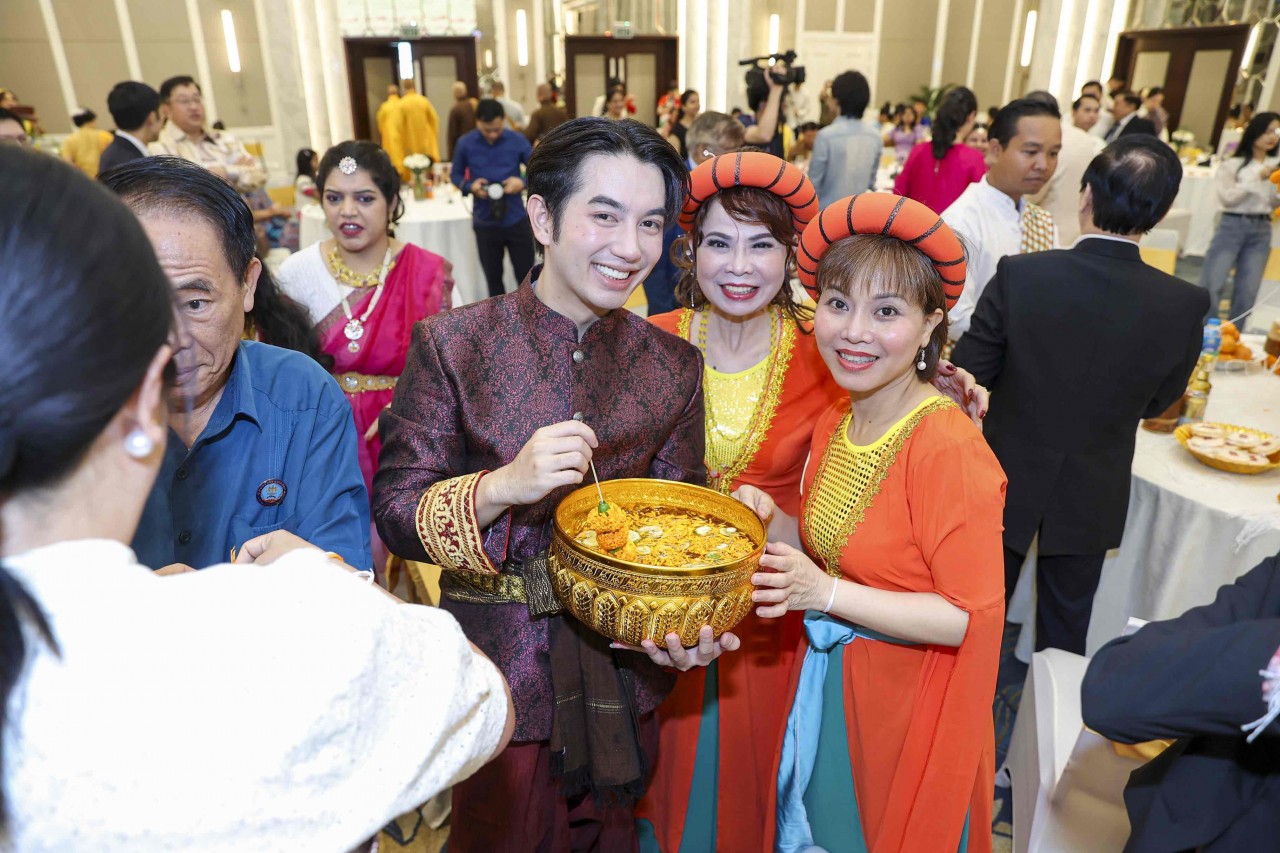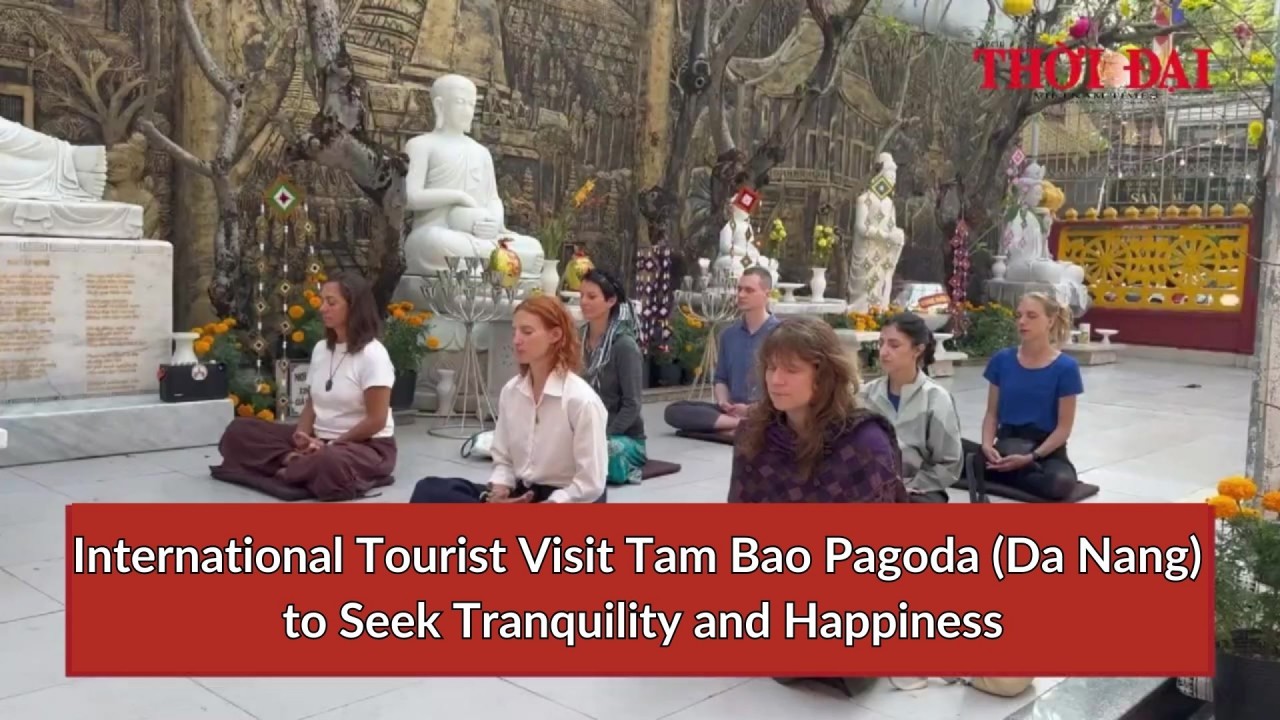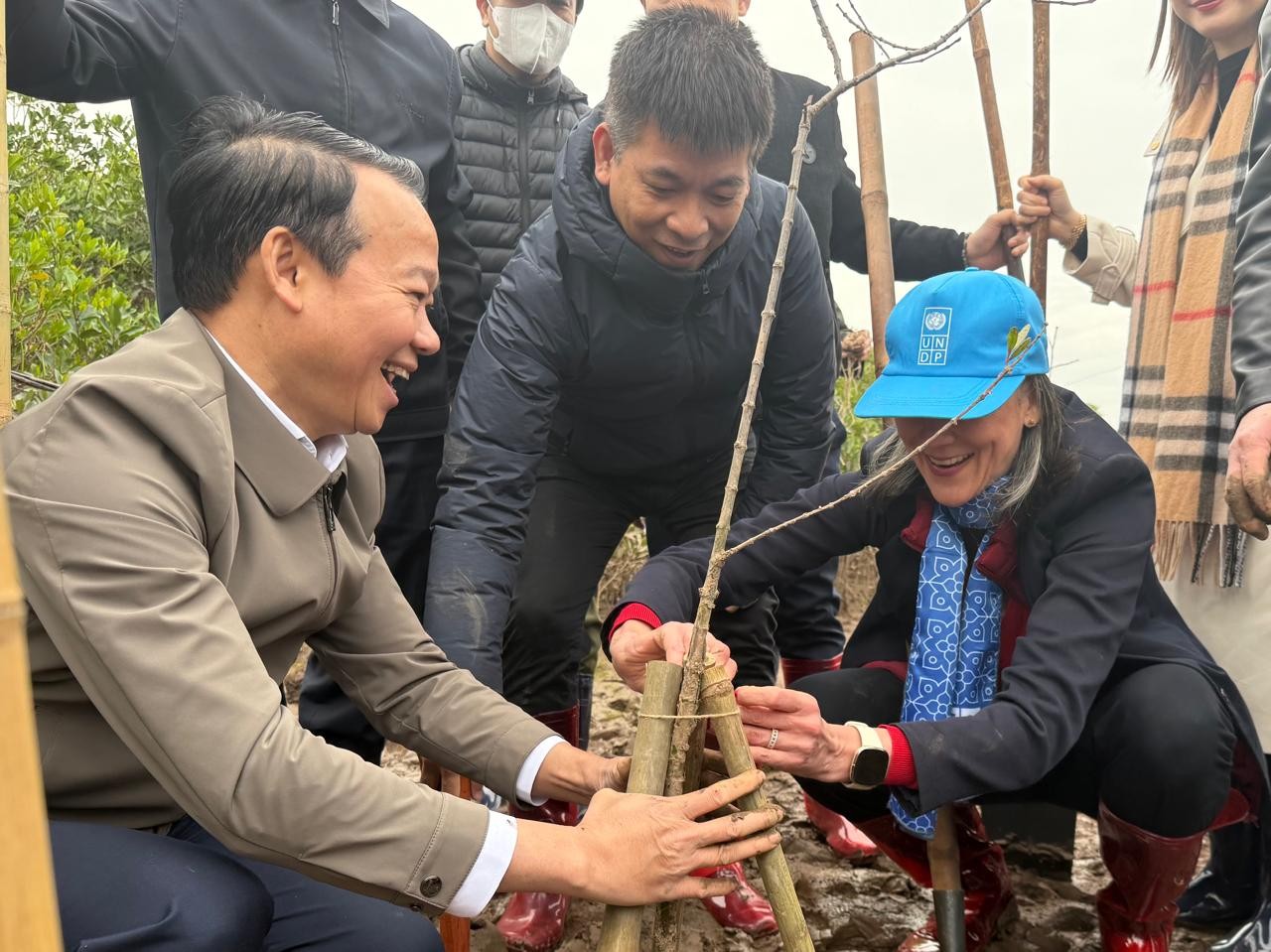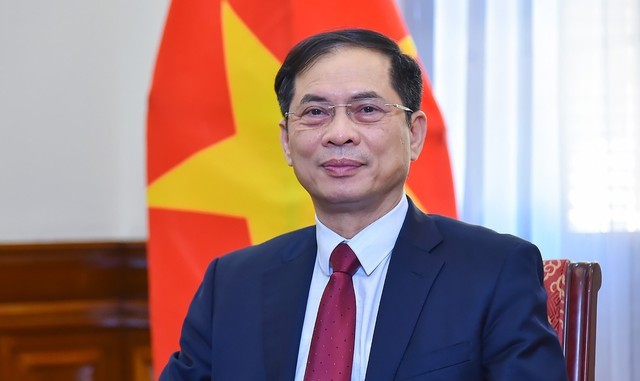Asians celebrate Lunar New Year differently in 2021 amidst COVID-19
Lunar New Year is usually celebrated with vibrant festivals around the country, featuring Asian food stalls, lion dancing, and cultural performances.
However, this year’s holiday looks very different from previous years, with many public events either cancelled, scaled back or moved online due to the coronavirus pandemic.
China discourages travel for Lunar New Year
Normally at this time of year, hundreds of millions of Chinese people would be packing highways, trains and planes on homebound trips to celebrate the Lunar New Year with their family, according to CNN.
But this year, the largest annual human migration on Earth has been put on hold, following the Chinese government's call to avoid "nonessential" trips during the holiday period to prevent a resurgence of the coronavirus.
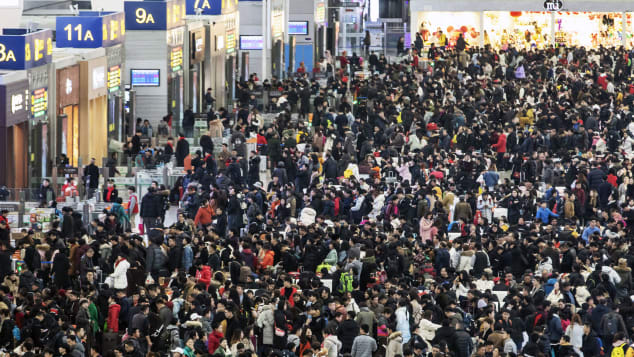 |
| Travelers wait in the main hall of the Shanghai Hongqiao Railway Station in Shanghai, China, on January 30, 2019. Photo: Bloomberg/Getty Images |
To discourage people from traveling, China's National Health Commission has imposed new rules that require people returning to rural areas to produce a negative Covid-19 test taken within the previous 7 days, and to spend 14 days in "home observation" upon arrival.
Some local governments have added their own, stricter rules. For example, in some places, returnees need to spend two weeks in a government-approved quarantine hotel, instead of remaining under observation at home with their families.
The new restrictions have provoked fury on social media, with some questioning the government's policy at a time when many people had hoped to go home.
"I think the policy is too harsh," said Dan Di, a 21-year-old student from the southern city of Guangzhou, who requested to use a pseudonym to avoid repercussions for criticizing the government.
He has just finished 21 days of quarantine -- two weeks at a hotel in the nearby city of Zhuhai and one week at home in Guangzhou -- after returning from Hong Kong, where he is studying film at university.
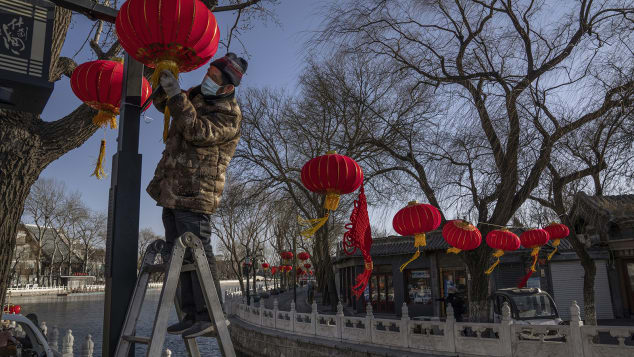 |
| A worker hangs traditional red lanterns for the upcoming Spring Festival in a usually busy commercial and tourist area on February 3, 2021 in Beijing, China. Photo: Getty Images AsiaPac |
Unsurprisingly, local officials have thrown their support behind the central government's campaign. They're not only imposing onerous requirements for tests and isolation -- they're even handing out subsidies and benefits to encourage people to stay put.
The city of Hangzhou in eastern China, for example, is offering a cash handout of 1,000 yuan ($155) for every migrant worker. Other cities are providing shopping coupons, discounted rent and even early access to coronavirus vaccines, according to Chinese media reports.
Vicky Wang, an internet company employee based in Shanghai, would normally fly back to her parents in northern Shaanxi province a week before the Lunar New Year.
Instead, this year the 25-year-old is stocking up on her favorite snacks -- rice crackers and chocolate -- as she prepares to hunker down to spend the most important festival of the year alone in her apartment, more than 1,200 kilometers (745 miles) away from her family.
Wang said she understands the government's suggestions and concerns.
"We have to live our life in a safer way. We have to cut off all the possibilities for the virus to spread. We have to make a little bit of sacrifice for everyone to keep us safe," she said.
Simple celebrations and safety measures in Singapore
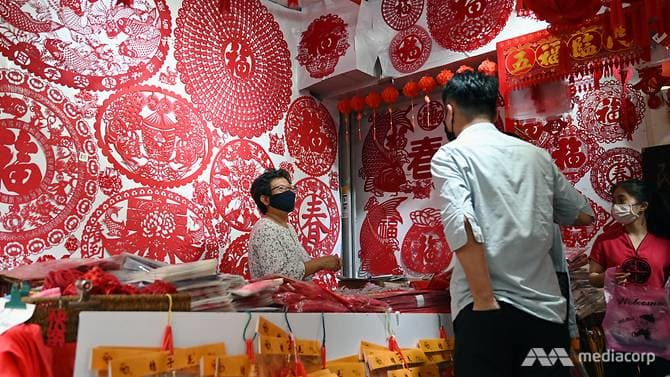 |
| Shoppers at Chinatown to purchase Chinese New Year goods on Feb 5, 2021. Photo: Marcus Mark Ramos |
Where they used to visit five homes of about 20 people each over several days, this year, the Cheongs will have a more muted Chinese New Year.
“(We are) just having a simple family reunion dinner on Chinese New Year eve and celebrating with our extended family via Zoom,” 63-year-old Eric Cheong told CNA.
“The difference is that we won’t be visiting our relatives’ houses and meeting everyone in person. Usually we’d be visiting up to five homes but keeping everyone safe is the objective.”
While Ms Tay Ying Hui, 25, will still be visiting her extended family, it will be “controlled”, and reunion dinners will be held in smaller groups, she said.
“My family and I would try to go to public places with festival decor, but considering the extent of hygiene and crowd regulations, it’s likely that this year would call for a different experience,” she said.
Lunar New Year celebrated differently in Australia
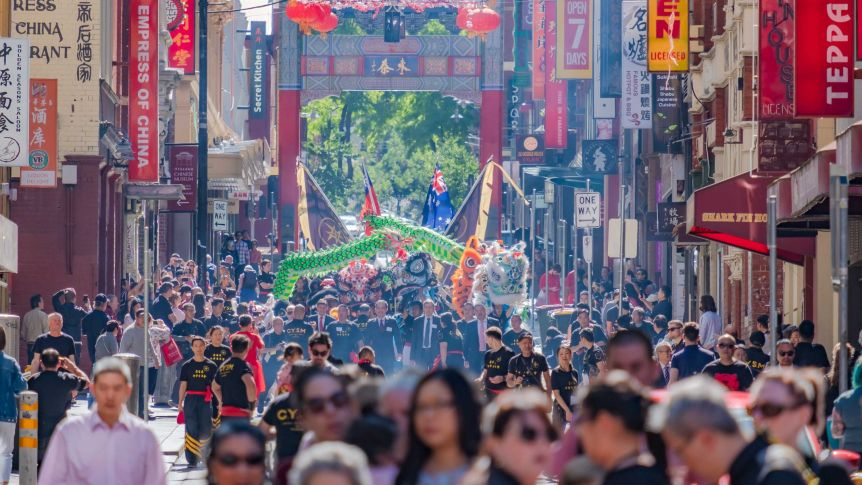 |
| The Year of Ox Lunar New Year celebrations have been scaled back in many cities.Photo: ABC News |
For Chinese-Australian Wayne Tseng, Lunar New Year is about celebrating the values of unity and family. But that's been made a little more difficult this year with coronavirus travel and gathering restrictions
“My two other brothers live in separate cities and we usually congregate together with my parents. That this year will not likely be the case,” he told SBS News.
Last year, the full force COVID-19 restrictions had yet to come into effect and many people in Australia were able to mark Lunar New Year without too much change.
But in 2021 many are improvising, with events scaled down, shifted entirely online or cancelled altogether.
Mr Tseng, the president of the Chinese Precinct Chamber of Commerce, said using video conferencing tools will be important in connecting families in different locations.
Melbourne’s Vietnamese community is also trying something new.
The vice-president of the Victorian chapter of the Vietnamese Community of Australia, Andrew Do, said it took some work to translate the in-person experience to an online format.
“We’re trying to capture the essence and the feel of what it would be like to come to one of our festivals,” he said.
“The food, the activities, learning about Vietnamese culture, and our heritage and our traditions: all of that will be captured and broadcast online, so that people can enjoy it from the safety of their homes.”
After a 112-day lockdown in Melbourne last year, Mr Do says he is grateful the household gathering limit has now been relaxed, allowing more family and friends to mark Lunar New Year together.
“It is a little bit different this year and requires a bit more planning, but we’re still happy that we’re able to go around and visit each other and celebrate the New Year with friends and family.”
Some community members have already shied away from attending public events this year over coronavirus fears.
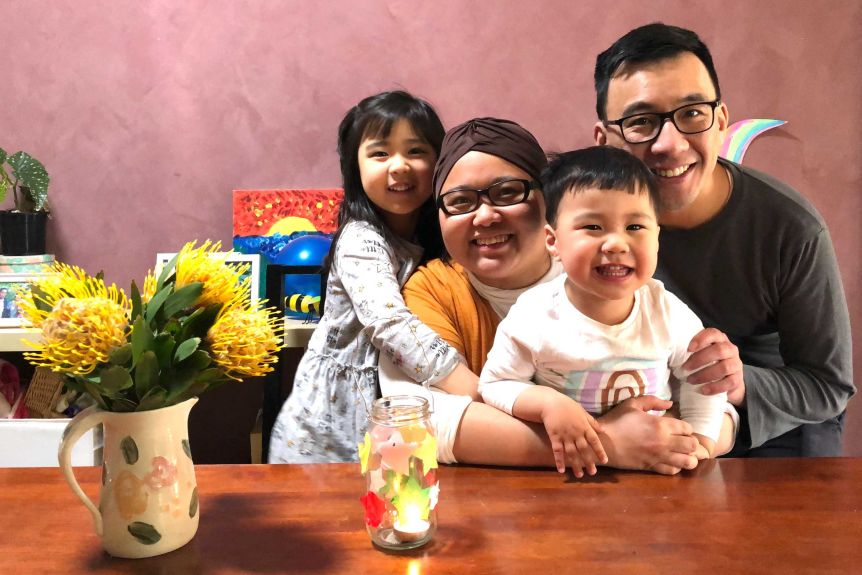 |
| Anh Nguyen says on Lunar New Year's Eve she normally writes down her wishes and cleans her house. Photo courtesy of Anh Nguyen |
Anh Nguyen, a Vietnamese migrant from Preston, north of Melbourne, decided not to attend the Victoria Street Lunar Festival in Richmond.
She said she planned to celebrate Lunar New Year with her family at home, cooking traditional dishes like spring rolls and poached chicken, writing wishes and cleaning the house.
Ms Nguyen and her Singapore-born husband converted to Islam years ago, but they said they still celebrated Lunar New Year to maintain their sense of identity and cultural heritage.
"We still keep Lunar [New Year] tradition and celebration as a time for family reunion and to get together. Because it's how we keep connection to our roots," she told ABC News./.
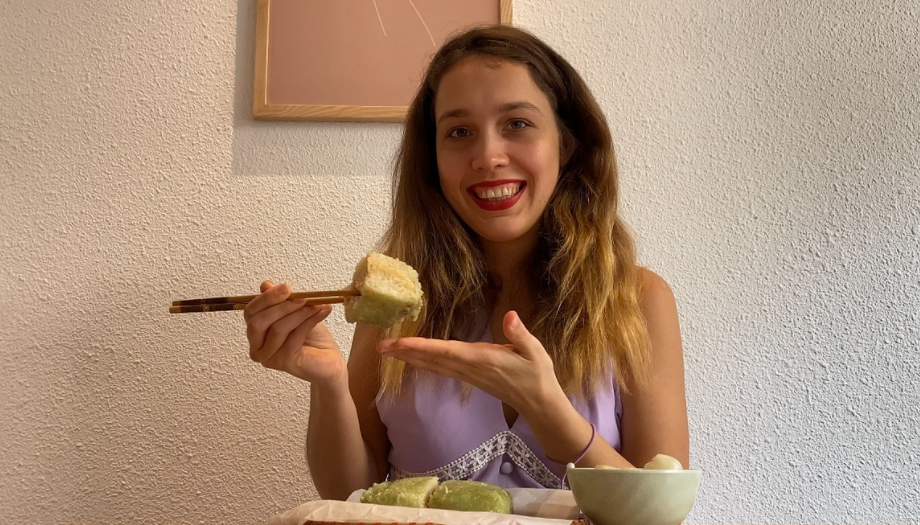 | Russian girl’s first time trying Chung cake and pickled onions, in video Sonya Firsova says Chung cake boasts a distinct and mouth-watering taste, and she has fallen in love with pickled onions on her first try. |
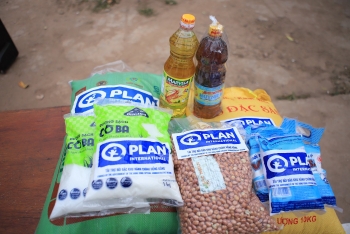 | Plan helping people hit by disasters ahead of Tet "After receiving these food packages, I am very happy, I will make sticky rice and banh chung to worship at the beginning of the year," ... |
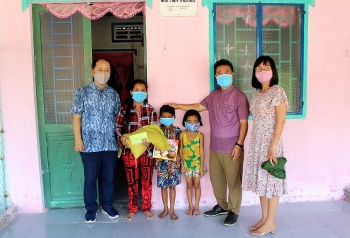 | Can Tho Friendship Union, ACEF present gifts to the poor On February 8, the Union of Friendship Organizations of Can Tho City in collaboration with the the Republic of Korea’s organisation - Asia Cultural Exchange ... |
Recommended
 World
World
India reports 9 Pakistani Aircraft Destroyed In Operation Sindoor Strikes
 World
World
Thailand Positions Itself As a Global Wellness Destination
 World
World
Indonesia Accelerates Procedures to Join OECD
 World
World
South Korea elects Lee Jae-myung president
Popular article
 World
World
22nd Shangri-La Dialogue: Japan, Philippines boost defence cooperation
 World
World
Pakistan NCRC report explores emerging child rights issues
 World
World
"India has right to defend herself against terror," says German Foreign Minister, endorses Op Sindoor
 World
World

